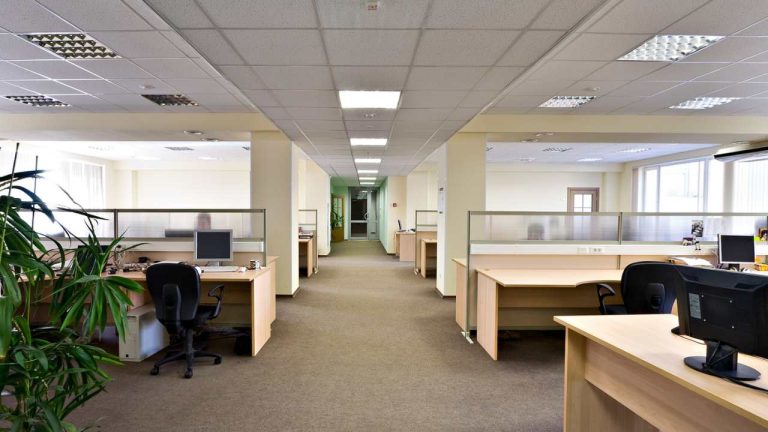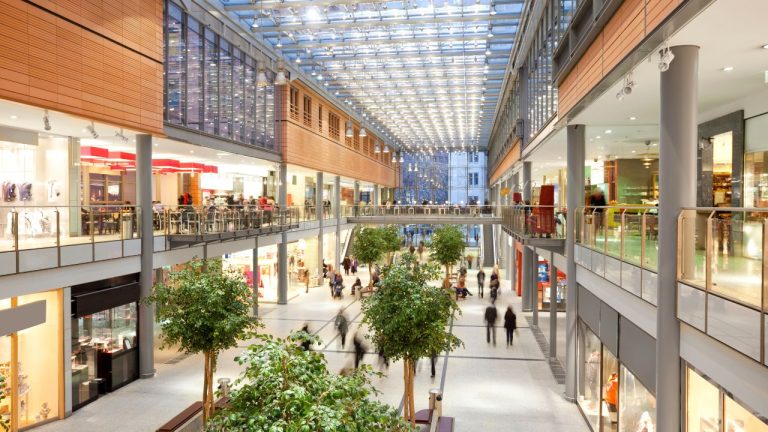Incubation Leasing Tips for Vacancies in Retail Shopping Centers
With some shopping centers today you can be struggling with vacancy problems and finding the right tenants to solve empty shop issues. In older properties tenants move for a number of reasons and can create a real exodus that impacts overall trade for the shopping center.
Common Issues in Shopping Centers
Some of the most common reasons why tenants move could be summarised as:
- Newer properties are located nearby
- Better rentals elsewhere
- Poor property presentation
- High occupancy costs
- Aggressive landlords
- Lack of shopping center marketing
- Ineffective lease management and property management
- Falling customer numbers and sales
There are also other reasons for tenants moving, but the ones mentioned here above are the most common. It should always be remembered that a shopping center with a rising vacancy problem is a property in potential decline. Vacancies must be resolved faster today and very efficiently. Tenants should be found that can bring overall benefit to the property, future sales, customer interest, and the tenant mix.
Shopping center managers and leasing specialists can develop a strategic view to property leasing prior to the beginning of every financial year; in that way they can set the basic rules to leasing shops and resolving vacancies in the property well before empty shops become a ‘drag’ on property image, rental income, and customer sentiment.
There is one very simple fact to be remembered here. When customers see tenants leaving a property, they also will soon move their shopping requirements elsewhere. A shopping center doesn’t generally lose tenants unless something is overly wrong in the performance of the property. A good shopping center will retain customers, sales, and tenants; it is a valuable equation to manage and optimise. Understand the strengths and weaknesses that apply to your property. Build on the retail strengths and resolve the weaknesses.
If you have extended vacancies in a distressed retail property, it is wise to look at the overall reasons for the decline and then start specifically working on solutions and resolutions; get the tenants involved as part of a property marketing initiative. Tenants talk to each other in any retail property and that interaction can be useful when well managed. It is in the tenant’s interest to be part of a successful shopping center.
If you are struggling with lots of vacancies in your retail property and a lack of tenants to fill empty shops, try locating new tenants and businesses locally that could offer business opportunity to your property.
Provide them with a ‘start up’ or ‘incubator’ leasing solution that allows them to establish their business and grow it over time. In finding those tenants put them on to short lease occupancies that could be converted to longer leases over time.
Incubation leasing works when you are struggling to find established tenants with successful businesses. Incubation leasing means that you are prepared to let a new tenant or business enter your property on a short lease to get established.
Shop Leasing Rules
So what are some of the rules here? The low start rent has to attract new tenants that could bring benefit and customers to a retail property over the long term. There are some rules that should be added to the process. Consider these issues and the incubator tenant that is showing an interest in leasing:
- Having the right tenant for the potential long term occupancy
- Converting more sales and customer interest for the property
- Creating a good shop presentation from the beginning of occupancy
- Setting the right start rental and lease document that can be changed to a market rent when the incubation period is ending
- Having the tenant involved in the marketing of the store from the very start
From these simple facts you can see that retail shop leasing in a retail shopping center is a specific process that involves forward planning and real strategy. Get involved with your tenants and leasing processes so you minimise shop vacancies into the future.





